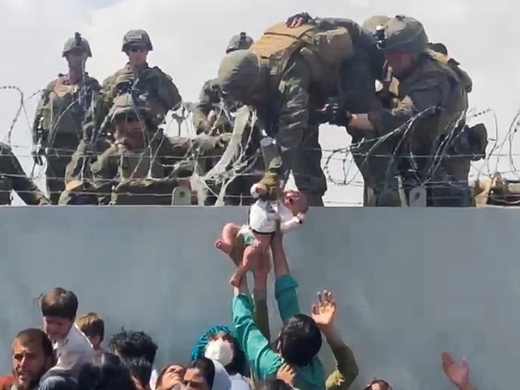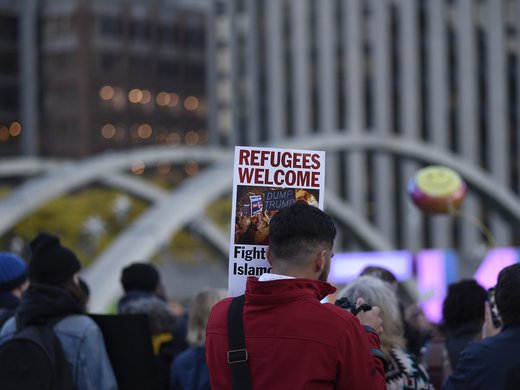Accountability is lacking at every point in the refugee cycle — from upstream, where refugee flows are triggered violently and with impunity by criminal regimes and non-state actors, to downstream, where governments shirk their treaty commitments and moral obligations for political gain.
In many ways, the modern refugee regime represents a classic case of strong standards being undermined by the absence of meaningful enforcement. The refugee system lacks a formal accountability mechanism, which means there are virtually no costs to states for not complying with the 1951 Convention Relating to the Status of Refugees. Nor is there a mechanism to help ensure that states will share responsibility in situations of mass influx. The costs of failing to hold states to account are enormous, both to refugees and to the few states to which the responsibility of caring for refugees has fallen.
This discussion paper presents three options based on accountability models in other global governance systems that could operationalize the norm of responsibility sharing.


